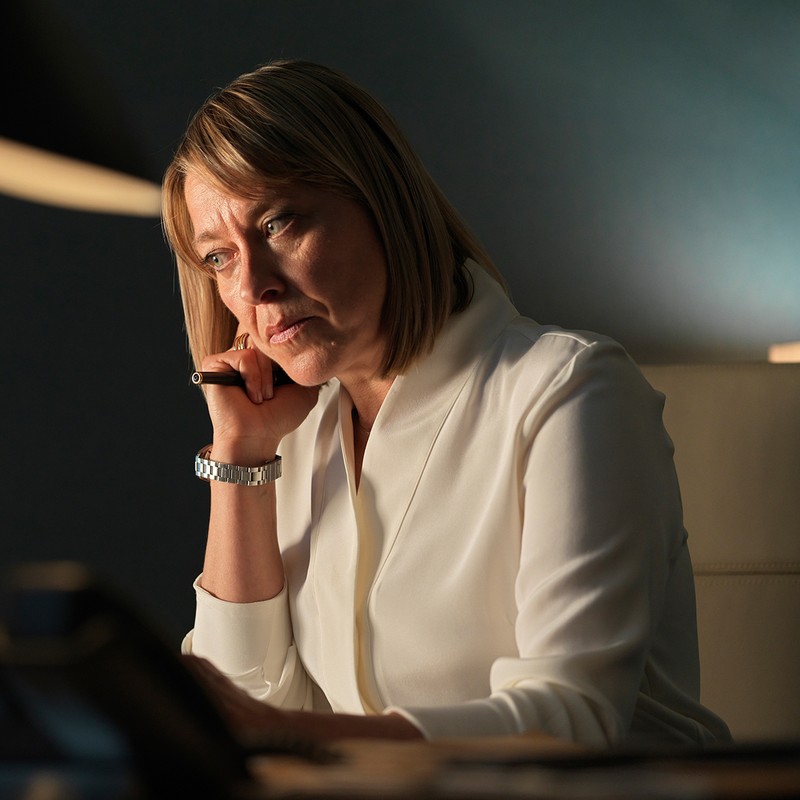A Coffee With… Abi Morgan
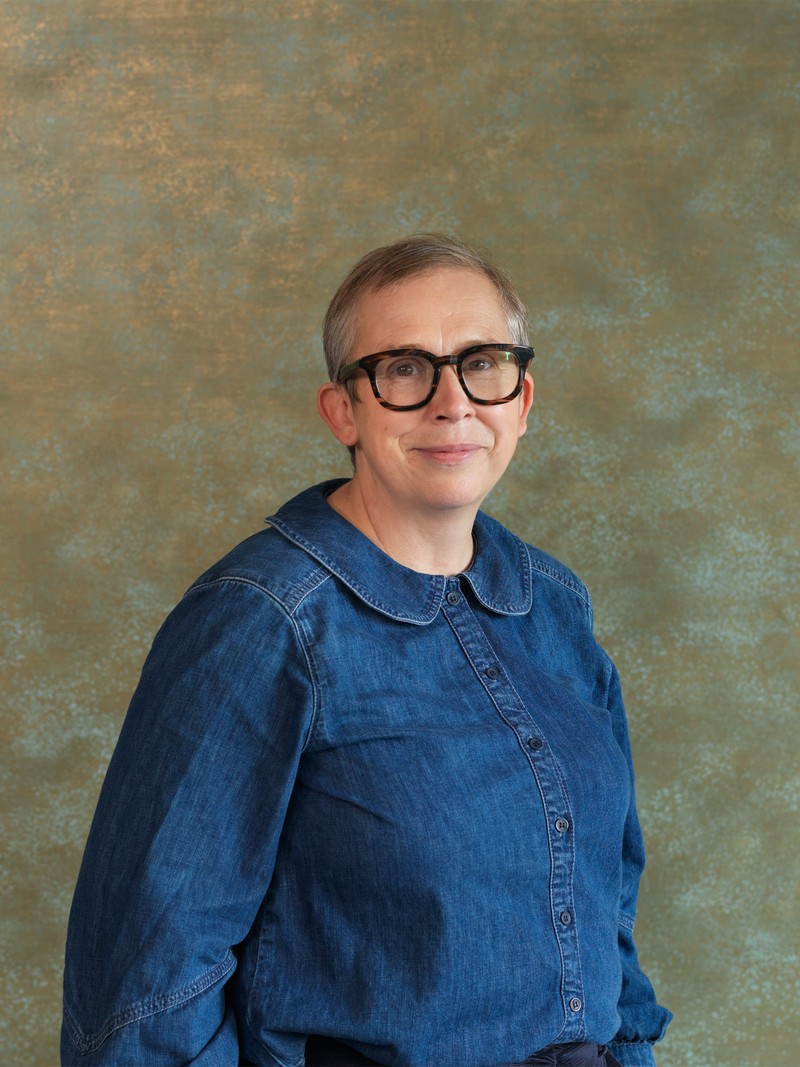
First of all, Abi – how do you take your coffee?
It’s an oat milk flat white for me, I’m afraid – a cliché, I know. I used to be a tea drinker (black earl grey) but since having children, it’s been coffee all the way. If possible, it comes from Gail’s. I’m a big fan – although I dread to think how much I spend there every year…
What does a normal working day look like for you?
Since my children became teenagers, I’ve made it a priority to have a specific office or studio space I can escape to for work. On a normal day, I’m here getting my head down by 9am after dropping my daughter off at school. But sometimes, I’m in production on a show, which means I’m on set, getting involved with the directors, the editing team and the actors. Funnily enough, during those periods, I always yearn to be back in the office writing again. There’s a real ritual to it –I work through until about 6pm and am fairly disciplined about it. I’m as much of a procrastinator as anyone else, but each year, I try to ensure at least eight months are set aside just for writing.
Tell us a bit more about what it goes into developing a television show…
The thing about a TV series is you need a lot of story, a lot of plot, and it takes a village to really bring a show to life. To get The Split to the small screen, I spent a lot time with the executive producers Jane Featherstone and Lucy Dyke, and we built the story together. We also have another writer, Matt Jones, working on the show with us this series. During Covid, it was weird not to be able to be in the same room – it became the writer’s Zoom rather than the writer’s room!
So, do you like writing as part of a team?
The thing about writing for TV is, the minute you sell a script, it no longer belongs to you. It’s owned by everyone at the production studio, and it’s everyone’s job to make the final result as good as possible. My favourite part of the process is hitting ‘send’ on the final draft of a script. Those are the moments where you can truly believe you’re the next Nora Ephron, Phoebe Waller Bridge, Emerald Fennell… But re-writes are inevitable. I regularly consult with the team, go away and make my edits. Sometimes, I can spend up to two weeks re-working things if necessary and thrashing out many drafts – I can do it quickly, which helps. I actually sometimes get very bored of my own company, so I like going in and hearing what people have to say.
Where did the idea for The Split originally come from?
I met a fascinating mother at my kids’ school, who happened to be a family lawyer specialising in divorce law. She was full of stories, and it inspired me to look more carefully at that world, as well as the couples around me. I realised we’re all dealing with different kinds of families and relationships, which inevitably means we all deal with it differently if, or when, they end. Plus, it’s amazing to me how many of these things – divorce especially – still seems so difficult to talk about. It made me want to write about a show that dealt primarily with love and loss, as well as the idea that divorce isn’t failure – some marriages are just finite. It’s an idea that really takes the sting out of it.
Did you have any specific ideas about how the show would play out?
I always saw The Split as three series. I was very interested in exploring the breakdown of a marriage and how that permeates across a family – especially a marriage that the audience is led to believe is fairly stable at the beginning. But then there’s an affair (series one), the marriage breakdown (series two) and now, in series three, a divorce. It always meant there had to be a delicate balance of leaving certain things unanswered, ready for the next series. But when you do that, you have to be confident about getting commissioned for another series. On The Hour, for example, I expected to get a third series, so when we didn’t, there were several hooks and cliffs left unanswered.
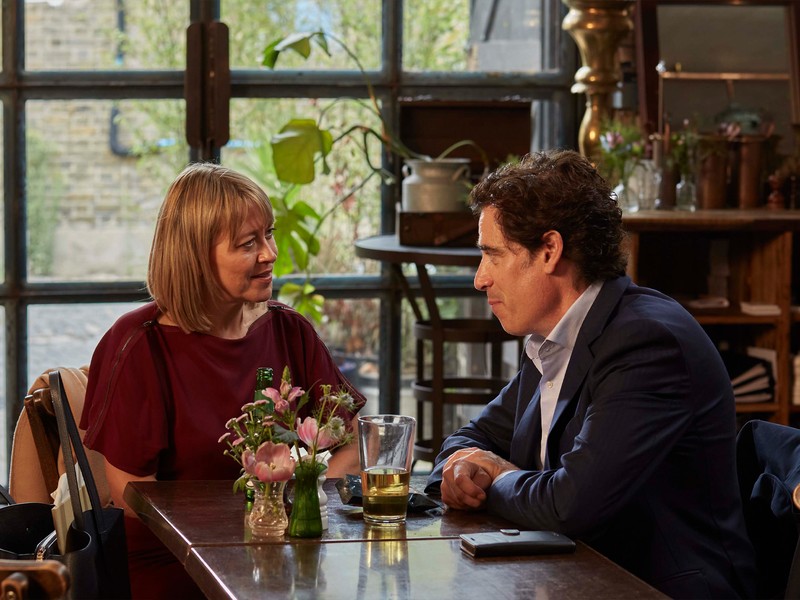
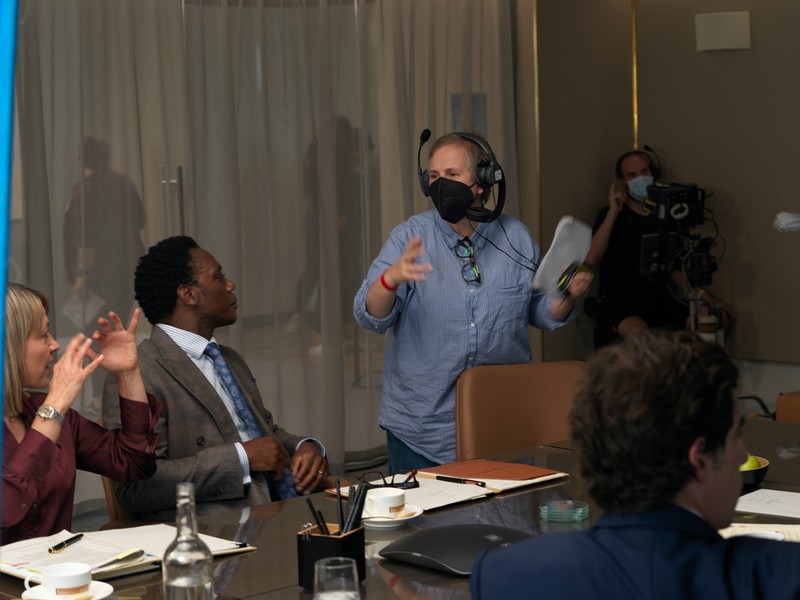
How does working in TV differ from your work in the theatre?
I spent so much of my early career writing plays, and for new writers, it can be such a great way to find your voice and showcase your work. It’s often a space dedicated to language and words, and the relationship between the words and the audience is so evident. One of the biggest changes I noticed when moving into TV was you don’t get to see the audience’s reaction. These days, I write less for theatre, but I always tell myself I’ll get back to it. For now, I love how lean TV scripts are and watching it come more to life on screen.
You grew up in a very theatrical family, didn’t you?
Yes, my dad was a theatre director for years and eventually moved into producing for television. My mother (who is now 83) is still an actress to this day. There are lots of other actors and actresses in the family, too – so it’s all in blood, you could say. I do think it’s the case that if your dad’s an electrician, you probably know how to change a plug. And the same goes for me I suppose…
My parents also got divorced when I was younger, so that probably influenced how interested I was in the topic and catapulted my development of The Split. In some ways, their divorce was the greatest gift my parents could have given me because I never took for granted the idea of being with someone indefinitely. It’s given me much more insight and empathy into human relationships.
You mentioned having a go at directing on this season of The Split – what was that like?
I’ve been so fortunate to work with some of the world’s best directors, and it’s something I’d always wanted to do – I just didn’t have the courage. Recently, quite a few big life changes have made me think I’ve got to do this now. I can’t make excuses anymore. I also have a very strong and supportive relationship with Sister Pitures and Jane and Lucy. They really gave me the confidence to direct – and it was such a revelation to find out how much sitting on sets for years prior had actually taught me. It felt very liberated – and it reminded me that any kind of creative work required the input of an enormous team. I think it’ll really influence my writing going forward, too.
Do you think we’re living in a ‘golden age’ of television?
People certainly say we’re in a boom period of television – mainly thanks to the advent of streaming services. I’d probably agree; there are so many shows I’ve loved recently. I loved [showrunner] Danny Strong’s Dopesick, and I came a bit late to Daisy Haggard’s drama Back To Life. I’ve also just finished This Is Going To Hurt – Lucy Forbes and Adam Kay’s show – and I was completely immersed in Squid Game last year. I grew up on TV; it was our electric babysitter.
Lots of writers tend to be avid readers – are you?
Speaking of plays and the theatre, people might be surprised to hear many of the books I read are actually theatre scripts. I love them. I’ve seen some brilliant stuff at the theatre post-lockdown. Last night, I saw a who-dunnit at the Park Theatre. Every night they bring on a star to play the detective who has no idea what the next line is going to be – it was a total joy, and a great reminder of how energising live theatre can be.
As for books, I just finished Without Warning & Only Something by Kit de Waal, which is a terrific memoir of her religious childhood. I love her writing – My Name Is Leon is about to be adapted into a TV-film. I’m also reading When The Dust Settles by Lucy Easthope, which comes out at the end of March. She’s a trauma expert who goes around the world helping people. It’s beautifully written and very pertinent for now.
What’s one thing you’ve learnt during your career?
As a writer, you always have to remember there’s something bigger going on in the world than the thing you’re writing in that moment, but you should also hope that whatever it is you’re writing could help someone, even through the darkest of times.
During a really difficult time in my 20s, when I felt trapped in an endless cycle of waitressing, I relied heavily on a Buddhist phrase: “Love the flower in winter when it says nothing.” I didn’t understand at first, but what it essentially means is it may not look like you’re doing anything right at that moment, but sometimes that’s often when the best work is actually happening. Stick at something – anything – and you will eventually get your spring and your summer.
The Split returns to BBC One on 4th April 2022. Follow @AbiMorgan9 on Instagram.
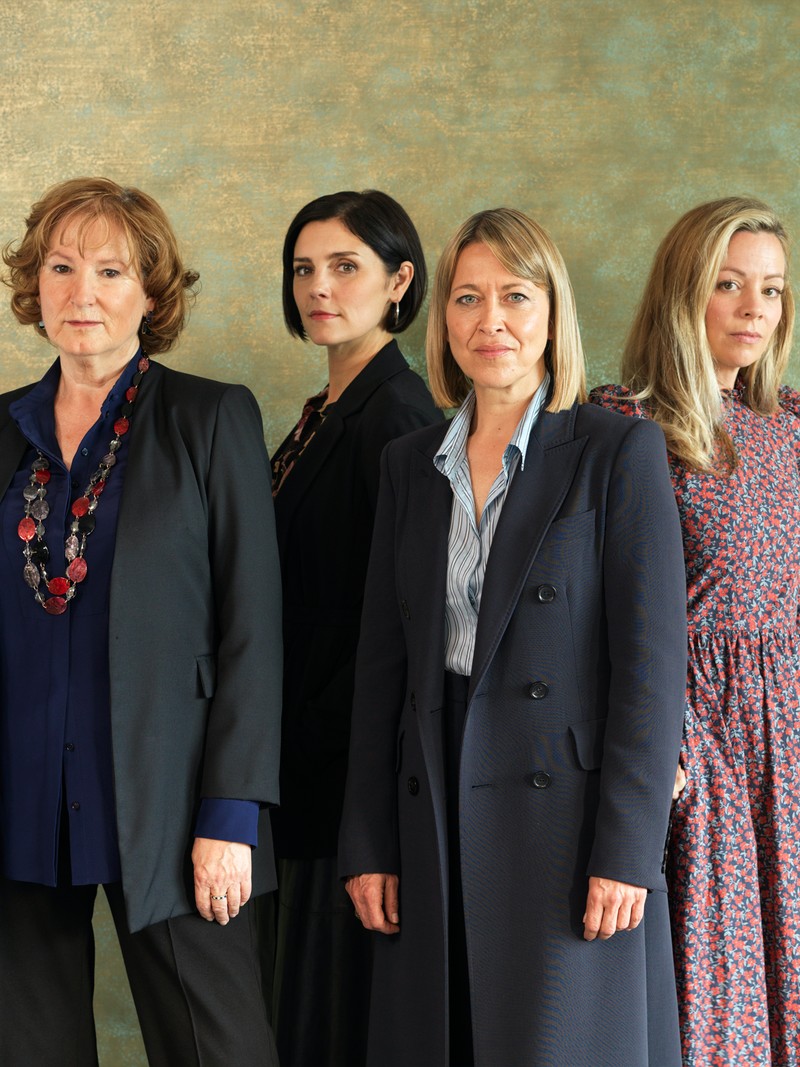
DISCLAIMER: We endeavour to always credit the correct original source of every image we use. If you think a credit may be incorrect, please contact us at info@sheerluxe.com.
